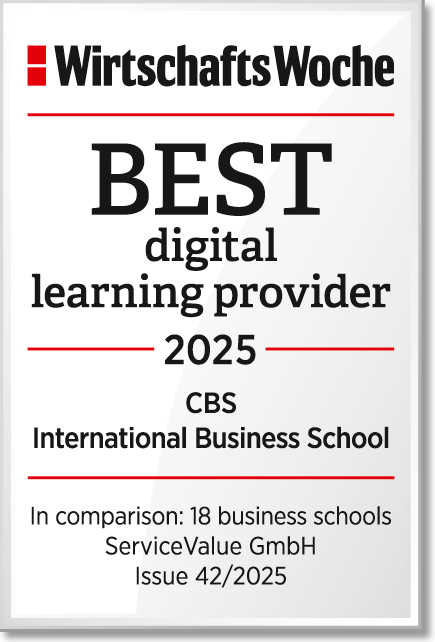
When issues such as climate change or the extinction of species threaten our lives, the pursuit of profit maximization increasingly recedes into the background. Companies are now faced with the challenge of mastering the paradigm shift to entrepreneurial success through sustainability: Their primary corporate goal must be creating comprehensive value for all stakeholders and achieving a positive impact on society.
But why is this change happening? And is it really a new understanding of business? Prof. Dr. René Schmidpeter and Patrick Bungard, Directors of the Center for Advanced Sustainable Management (CASM) at Cologne Business School, asked these and other questions to Ed Freeman, the "inventor" of the stakeholder theory, in an interview of the German FAZ magazine "Verantwortung" (“Responsibility”).
As one of the world's leading economic philosophers, Ed Freeman takes a clear stance on the new understanding focused on sustainability: „It is a realization that every good business person knows. You can’t just focus on money. You have to focus on what the business stands for, what difference it is trying to make and how you are affecting customers, suppliers, employers, communities, as well as the people with the money. It’s always been this way, but the rhetoric of shareholder primacy has drowned out this better way, or at least it has in the US. Recently we have seen the emergence of many new business models, such as conscious capitalism, inclusive capitalism, impact investing, and many more. There is no going back to the old narrative of only shareholders and the money really counts.”
According to the scientist, this new understanding of management also has a decisive influence on teaching at the Business School: “The idea of creating value for stakeholders has always seemed to me to be common sense, and it has a long history well before I got involved. Business Schools need to get with the program. We need to teach the ideas behind the new story, and de-emphasize the old narrative as the only one we teach students.”
















